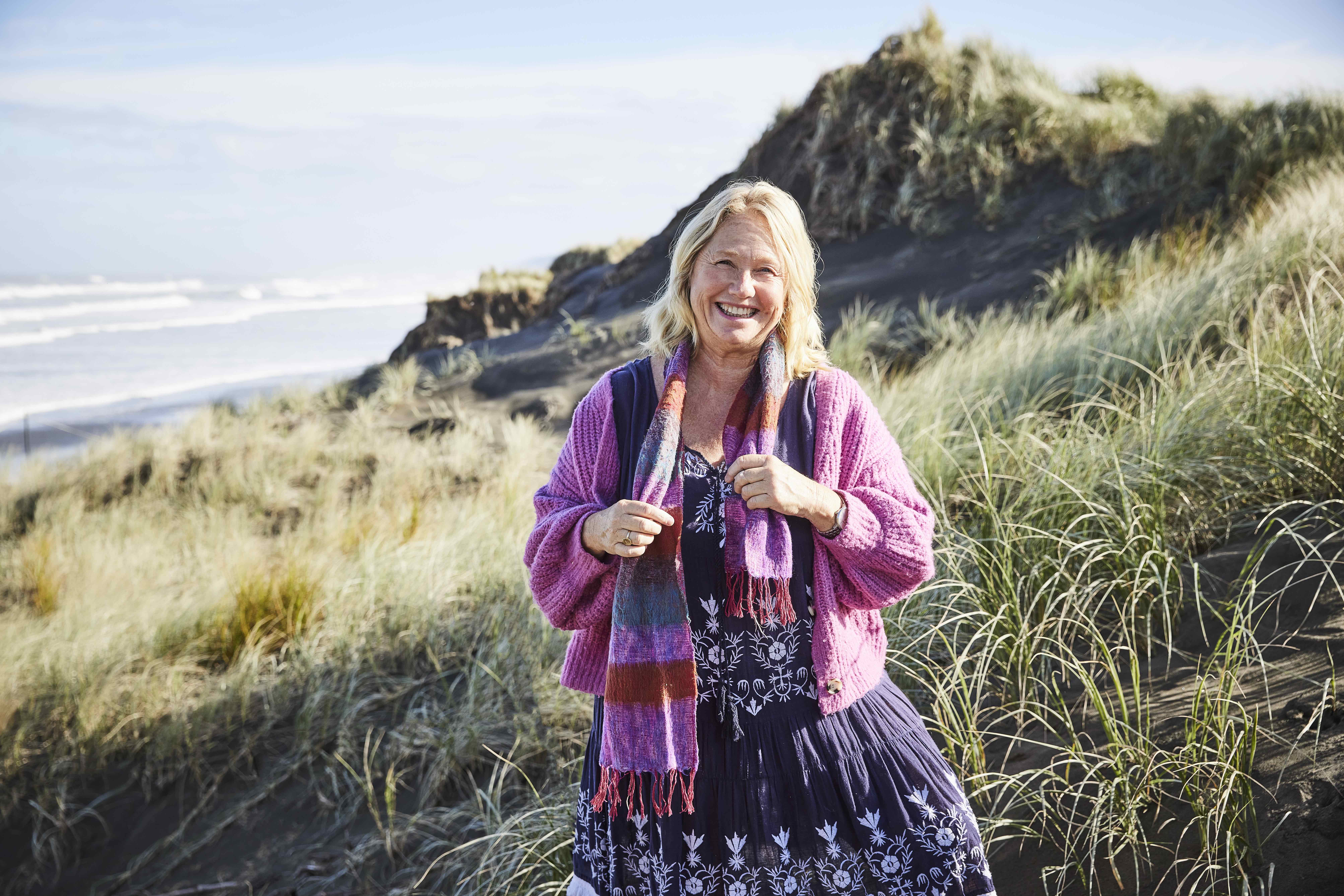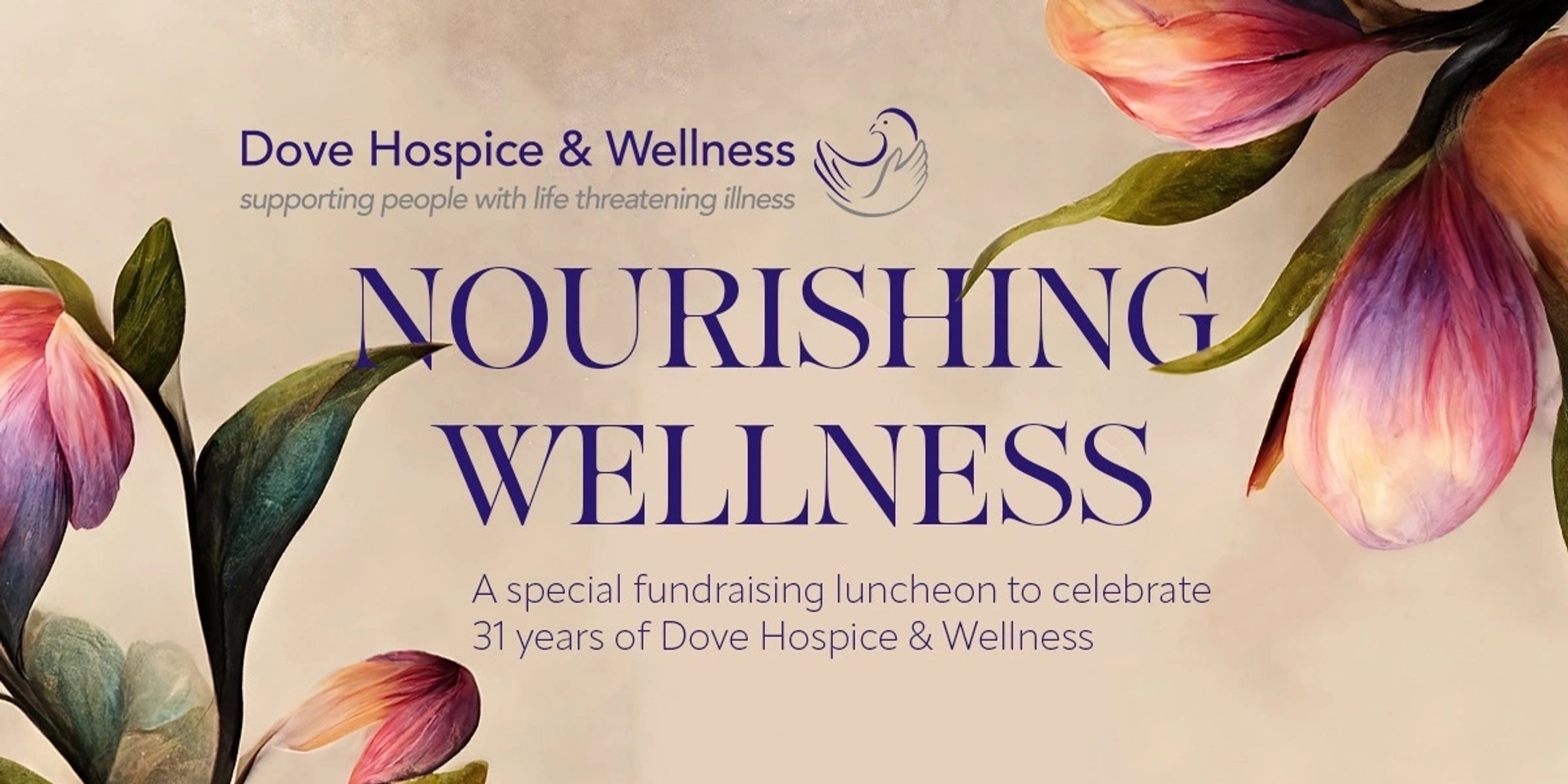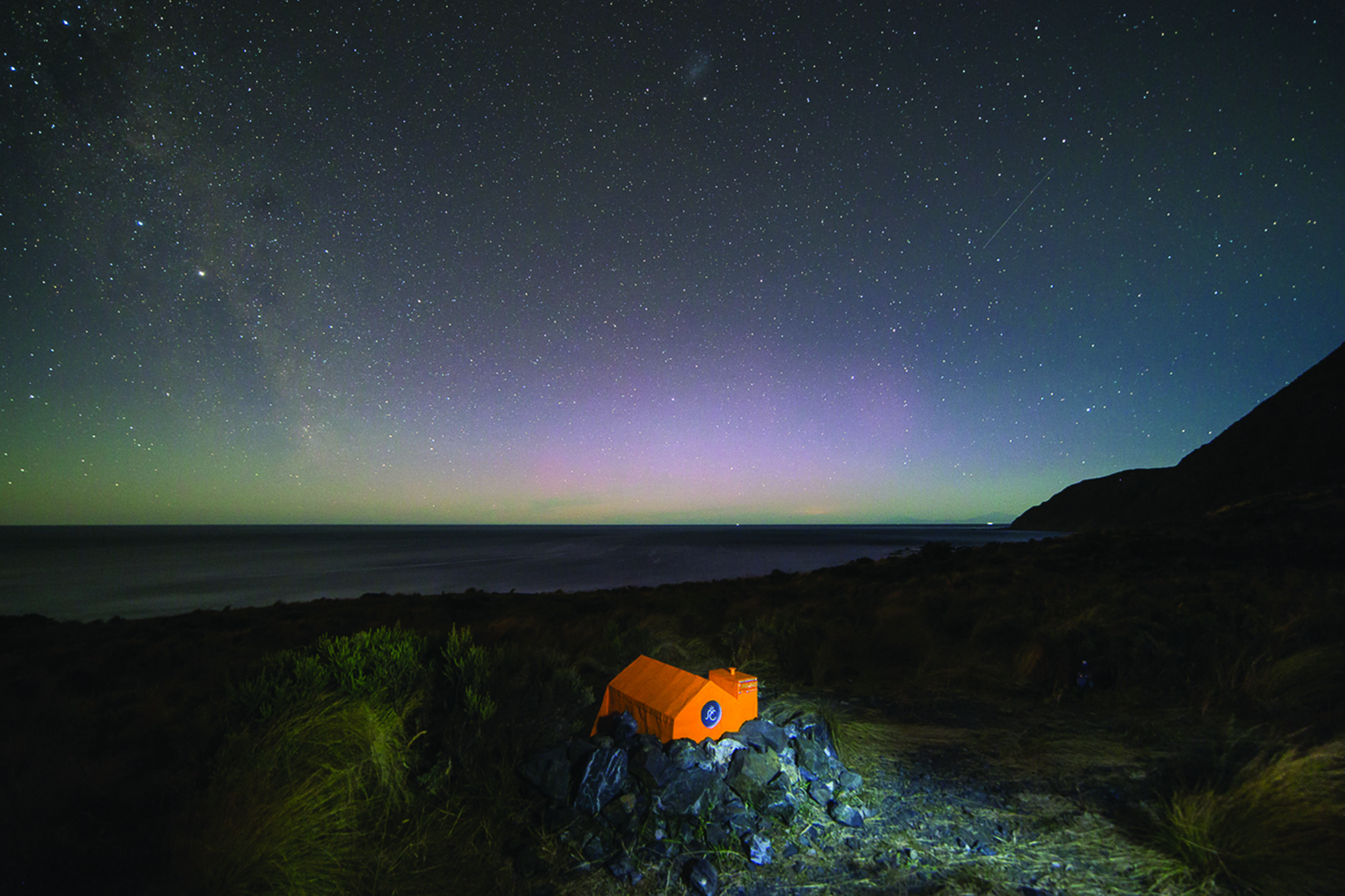Photography Todd Eyre
Why Nici Wickes is rediscovering her love of food all over again, plus her hot tips for cooking tasty and fast good food on a budget.
Getting Covid over summer has rattled Nici Wickes in a way she didn’t expect.
For the past few months, the beloved cookbook author has battled with losing her enthusiasm for cooking – which is big for someone for whom cooking is her first love and whose superpower is whipping up delicious meals from a handful of basic ingredients.
“I didn’t lose my taste or sense of smell, or my actual appetite, but I lost my appetite for thinking about food and cooking. It just completely left me and I’m still coaxing it back,” Wickes admits. “Often people say to me ‘I can never think of what to cook for dinner’ and I’ve been a bit the same. That’s been really new for me and an interesting insight. I’m getting a window into people who do not live for food, as I live for food and cooking.”
Her cooking malady has lasted about four months, which Wickes believes was physiological. And because cooking is such a joyful thing for Wickes it took her a while to realise why she felt a bit flat over summer.
Instead of giving into it, she’s taken action to reclaim her cooking mojo by reading food literature, watching food programmes on the telly and just doing it. “Cooking is a little bit like a muscle, you have to exercise it,” she explains. “It’s like fitness. You get fit and then you fall out of it, and then you have to kind of start from the beginning again.”
Coming out the other side, she acknowledges that while it has been huge for her, she is grateful to have experienced this major shift in herself and for being challenged. “It’s not comfortable to think, ‘wow, what if my love of cooking doesn’t come back, what am I going to do? Okay, interesting’. Then Cyclone Gabrielle came through and I wasn’t able to swim daily – which is another big thing for me. So, I was being challenged with these things that usually keep me buoyant.”
Instead, Wickes found joy in reading and getting into her garden, as well as going for regular hill walks near her home in Port Waikato to get some “elevation and perspective”.
“For a while I did nothing and thought I’ll just wait for the great return. Sometimes waiting works and sometimes it doesn’t. After a month or two of this not working, I realised I’m going to have to actually start doing, instead of waiting. We often feel as though we should wait for the motivation to do something but actually often the motivation comes from doing something.”
And to her relief her joy of cooking has returned.

Triumphing through tough times
Living in the rural community of Port Waikato, Wickes, like others, also faced the wrath of Cyclone Gabrielle. Her garage studio and property flooded, and while luckily the water didn’t invade her home, it was shocking to see how high the water got.
Many in the close-knit community were badly affected with flooding, homes being stickered and slips.
The compounding factor of many vegetable crops in the North Island being ruined, in addition to the rising cost of food, has made life more challenging as well as wearying and despairing for everyone observes Wickes, especially with predictions of probably more of this to come.
Living in Port Waikato, which is a 35-minute drive to the nearest supermarket, means Wickes is used to being self-sufficient – there’s no ‘popping down the road’ to the supermarket.
Her pantry is always filled with basics such as legumes, pasta, Parmesan cheese, spices and flour, and her garden is filled with fresh spinach and herbs.
Cooking on a budget
To be budget-savvy with food in these tighter times, Wickes recommends growing herbs – which are expensive to buy, and they add wonderful flavours. And the magic thing about herbs is that you don’t need a garden to grow them.
One of her favourite things to do is to grab a handful of basil and blend it with some spinach, adding Parmesan cheese, lemon juice and olive oil to make a green pasta sauce. It’s a 15-minute nourishing meal full of flavour.
If the fresh vegetables in the supermarket are beyond your budget, Wickes recommends heading to the frozen aisle. “Frozen peas, corn, spinach and beans have come a long way. They’re snap frozen and they’re fantastic as well as cheaper,” she says.
Pastas, rice and spices also don’t change much in cost, and you can make multiple magic and satisfying menus with these ingredients.
When Wickes fronted television series World Kitchen she travelled to more than 40 countries and realised you don’t have to have money to eat well, observing that the use of herbs and spices throughout Southeast Asia, India, Morocco and other culinary destinations produced some of the most amazing food she has ever eaten.
Core spices she always has in her pantry include cumin, coriander, chilli and smoked paprika.
“A little packet of spice can change any number of meals and take it in any number of directions. You can also save on travel by travelling on your taste buds,” she laughs. “If you get to know spices, you can make anything taste fantastic. We like our fresh mozzarella and beautiful organic chicken but those are treats. And we love our lamb korma and chicken tikka, but many Indian curries are vegetarian and use really cheap ingredients to great effect to make dahls with legumes, pulses and spices. We probably need to get used to eating a little bit less of the expensive stuff and learn how to flavour food really well so that we can enjoy it.”
Also, be fluid in your thinking, she advises, and don’t be wedded to your shopping list. If you planned to buy potatoes but the price is too high what else could you use? “It’s better to go to the supermarket and look at what is cheap now and buy that. Of course, that relies on you to have enough cooking skills to be adaptable and if we’re talking about adapting to climate and all of that, people need to start going to cooking lessons, looking online and upping their cooking skills so that you know how to cook. And ultimately that ends up saving you money because it’ll save you on your health as well in the long run.”
And for this reason, she warns to resist the urge to buy cheaper processed or pre-packaged meals and convenience food. “That’s outsourcing your health to someone else,” says Wickes. “If you are not doing the cooking, i.e., putting things together, you are trusting somebody else with that, and I think that is dangerous.”
On the day we chat, Wickes is defrosting two kilos of mince to make some enchilada filling to feed 35 people. “I’ll bulk it up with lots of grated carrot. You can also do grated pumpkin. Tinned tomatoes make a great sauce, and then I’ll add loads of beans. You can either soak your own or buy canned beans, which are cheap, filling and nutritious.”

Being smarter
It’s also about getting a bit smarter with cooking and more flexible with our food choices and choosing to eat things that may not be our favourite thing but are still good for us.
If basics like potatoes and kūmara are too pricy, think about alternative carbohydrates such as pasta or brown rice, or mashed potato powders “which are actually not as ghastly as you might think”.
Farmers’ markets often have cheaper produce, but this is not always the case, so before you go, do your research suggests Wickes and jump online and compare the prices of vegetables that you plan to buy to make sure you are getting a better deal.
Reuse oil
Wickes is a fan of olive oil and grapeseed oil and loves using sesame oil – “the elixir of Asian cuisine”. For the past few years she’s helped pick olives in the Port Waikato region, which means she has access to her share of cold-pressed olive oil. And because oil is expensive, she reuses oils when she can.
“If I’m shallow-frying something, especially chips and things like that, that don’t have much of an odour, I’ll keep that oil on the stove with a cover over it for three weeks and just keep reusing it,” she says.
Choose you
If you catch yourself proclaiming that you don’t cook or have time to cook, Wickes encourages you to have a go “because it is a fundamental skill that we should not see as optional” and “you don’t have to be good cook”.
“Unfortunately, with the sort of food TV, cookbooks and things in magazines,
we are trying to be inspirational and aspirational but maybe it’s made people think that we all have to be like that as cooks,” she says. “Start off with meat and three veggies. Learning to cook is a fundamental skill and I don’t think it is something that we can let ourselves off on and say, ‘I don’t cook or I’m not a good cook’. I don’t think that’s good enough.”
If you feel like you are not great at cooking, start with one ingredient and figure out five ways to cook it. Take the humble carrot: “You can grate it, roast it, chargrill on the barbecue and serve with sour cream and call it burnt carrot, which is all the fashion, and you can mash it and put it in a fritter. What about a potato? Cabbage? What are all the things you can do with it? Start with your vegetables and your meat will probably take care of itself.”
This approach will also improve your health, says Wickes. “I’m not talking about weight but feeling alive and having the necessary energy that you need, and food is key for that. The act of cooking is both meditative and good for your mental health, and you’re in control of what’s going into your body.”
Last year Wickes went on an Ayurvedic-driven yoga retreat and she came away with one key takeaway: don’t look to be fulfilled by what’s on your plate.
You should be feeling fulfilled with what’s inside you. Food really is just fuel.
“At first I really struggled with that as what is on my plate is fulfilling for me, but I did understand that it is time to stop listening to our head and eating what we like, and eat what our body needs, which are beans, legumes and lots of green veggies,” she says.
“You can eat a whole bowl of greens and literally feel your cells going ‘oh, great, yum, yum, yum, thank you, thank you’. Whereas when we eat an ice cream or fried chicken it’s literally like they are foraging in a tip for some good food. Whereas if you’re eating salads, beans, and lentils, they’re having a dance party.”
Food mood
Food influences our behaviour because of how it makes us feel. You can see it predominantly in kids because their behaviours are on display. “But adults are the same, we’re just bigger bodies and better at hiding it,” says Wickes.
“We act crappy when we eat crappy. It’s like your motorcar. If you put diesel in a petrol car, it’s going to really struggle.”
Wickes regularly cooks at YMCA camps where she always makes up a huge pot of her homemade breakfast baked beans (see recipe page 22) and uses the car analogy when speaking to the kids.
“Initially the kids aren’t interested in the beans and go for the toast, jam and cereals, and then I give them my bean talk about how beans are something you need just like petrol in a car and then they try them. So many of them say ‘oh Miss, what did you put in those? They are amazing’ and they love them. Even baked beans in a can are better than no beans at all.”
Wickes is big on beans and a favourite meal is a mixed bean salad – usually pre-soaked kidney, cannellini and borlotti. There’s also nothing wrong with canned beans, though they can be a bit mushier. Just wash some of the brine off and you’re away.

Savvy substitutes
Living remotely in a rural community means Wickes has become a master at substituting ingredients in recipes and trying new things because she can’t just pop to the supermarket to buy a missing ingredient.
If she doesn’t have butter, she’ll use oil. If she doesn’t have eggs for a cake, she’ll make a slice, which rarely use eggs.
“You don’t have to use cheese in a white sauce. A splash of white wine, sour cream or crème fraîche, or nutritional yeast will give you that fermenty flavour,” says Wickes. “If you want a gratin, maybe use breadcrumbs with lots of oil through them with some chopped parsley or chilli flakes and that will give you just as nice an effect as the cheese.”
Because she doesn’t drink milk, Wickes will water down plain yoghurt for baking, which is better for making scones “as you get a much better puff”.
“I definitely don’t get hung up on a recipe. For example, if it is red peppers and chicken, and I don’t have any red peppers, I think ‘what else can I use’? What is the red pepper doing? Oh, it’s adding flavour and a bit of a look so tomatoes might do the trick, but I’ll add some sweet vinegar to give it that kind of picante taste that sometimes peppers have.”
If she doesn’t have garlic, she won’t worry about it. Smoked paprika is great for adding a bacon flavour. And if she only has one cup of flour and a recipe is calling for two, she will bulk it up with some almond meal or oats.
“If you’re going to substitute, also think about texture. If it calls for feijoas but I don’t have those, peaches will work because they are the same texture. And think about the flavour. Is it adding sweetness or a citrusy or garlicky onion flavour? If so, what else can I use? Or is it adding a look? In which case long beans instead of long strips of capsicum will work.”
To summarise, when substituting ingredients think of texture, flavour and appearance.
Cooking for comfort
In these tougher than usual times Wickes believes cooking can comfort on many levels, whether that is cooking for others or yourself.
In winter, comfort food for Wickes is a hearty stew. In summer, it’s the simplicity of gently peeling some peaches and putting those through a rocket salad with some freshly shaved Parmesan, or a prawn risotto. Another fave is oat milk custard with tinned guavas.
“I feel as though comfort food gets a bad rap and implies you are indulging and is often attributed with some sort of feminine quality, you know, women eating comfort food, whereas I think good food can definitely be comforting. And the act of cooking is really comforting in itself. Handling food is incredibly nourishing for our souls,” says Wickes.
That includes gifting and receiving food, which last week was an incredible smoked fish pie from her neighbour. And a very welcome pie as Wickes was travelling back from Auckland and it was 7pm and she was wondering what to do about dinner.
Wickes often returns the favour, sharing baking and meals with friends and neighbours, and even on occasion Sundays café in Port Waikato with a batch of cherry friands or whatever seasonal produce is at hand.
“I just think people love having dinner dropped off to them. It doesn’t have to be the whole shebang. It could be a little square of lasagne. No one ever turns me down, and I don’t turn anyone else down either,” she laughs. “It shows that you are loved when you receive something, and it shows that people are caring about you. So, when you do that for someone that is a sign of love and that you care about them and are noticing them, which I think is really lovely.”





